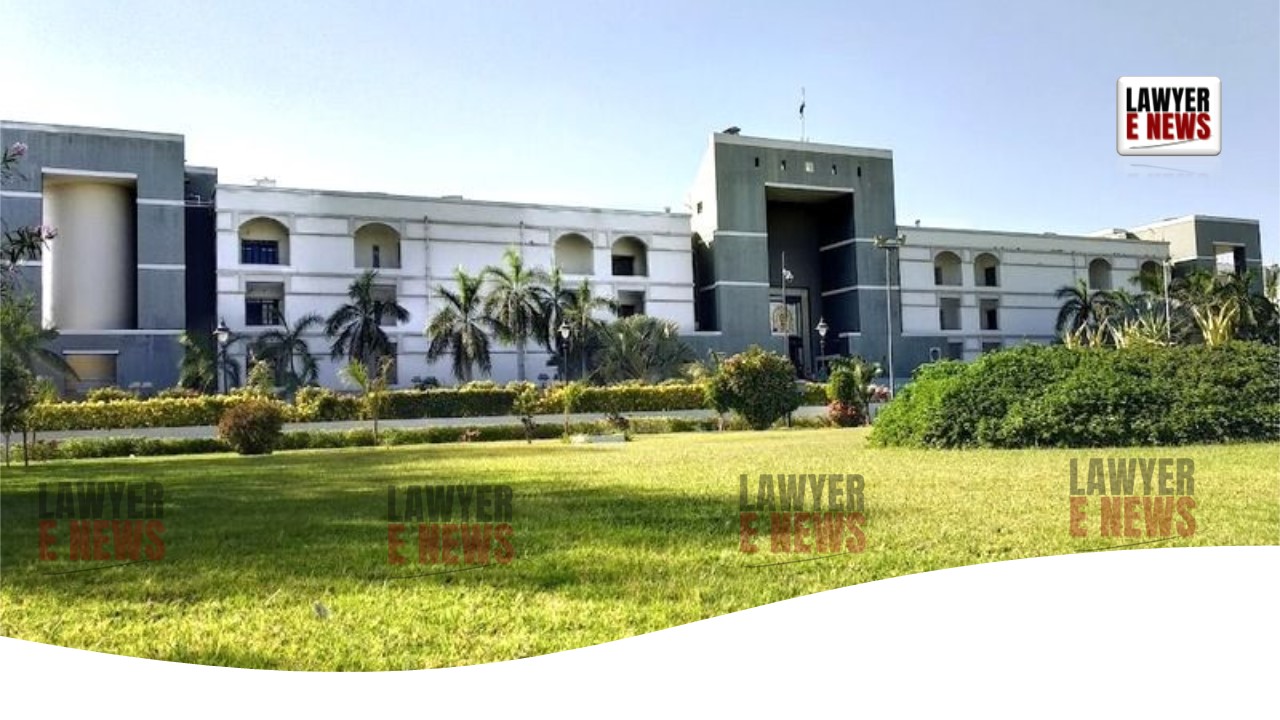-
by Admin
15 February 2026 5:35 AM



Gujarat High Court in Joitaram Khushalbhai Patel vs. State of Gujarat overturned the conviction of a public servant, Joitaram Patel, for offenses under the Prevention of Corruption Act, 1988. The Court found that the prosecution had failed to establish the demand and acceptance of illegal gratification beyond a reasonable doubt, a prerequisite for conviction in corruption cases.
Joitaram Khushalbhai Patel, serving as the Talati Cum Mantri of Sagdalpur Gram Panchayat, Gandhinagar, was accused of demanding a bribe of ₹500 from the complainant, Dineshchandra Ramanlal Shah, in 2005. Shah had purchased a house, and after applying to mutate his wife’s name in the Panchayat records, it was alleged that Patel demanded the bribe to process the paperwork.
A trap was laid by the Anti-Corruption Bureau (ACB), but the accused did not initially show up to collect the bribe. Subsequently, after several attempts, Patel was arrested when the complainant claimed he had paid the demanded sum at his STD booth. Patel was convicted by the Special ACB Court and sentenced to rigorous imprisonment, which he appealed.
The primary issue was whether the prosecution had successfully proven the demand and acceptance of the alleged bribe, an essential element in offenses under Sections 7 and 13 of the Prevention of Corruption Act. The Court, referencing the Neeraj Dutta judgment by the Supreme Court, reaffirmed that both demand and acceptance of illegal gratification must be proven beyond reasonable doubt.
The defense argued that the alleged bribe was actually a tax payment of ₹500 for illegal encroachments related to Shah's STD booth. Patel’s counsel also pointed out inconsistencies in the prosecution's case, such as failure to examine key witnesses (including the complainant’s son, who allegedly witnessed the bribe demand), lack of independent evidence corroborating the bribe demand, and procedural lapses in the ACB’s investigation.
Justice S.V. Pinto noted several discrepancies in the prosecution's evidence. The key witness, the complainant’s son, was not produced in court to verify the bribe demand, and no corroborating call records were presented to support the claim of multiple phone calls by the accused demanding the bribe. The panch witness, seated at a distance during the alleged transaction, also could not testify to having heard the bribe demand.
The court also highlighted that the accused had already processed the mutation in the Panchayat records before he allegedly demanded the bribe, raising doubts as to why he would have needed to demand illegal gratification at all. Furthermore, documentary evidence presented by the defense demonstrated that the ₹500 was for unpaid taxes, not a bribe.
The Court concluded that the prosecution had failed to prove the essential elements of demand and acceptance of illegal gratification. It acquitted Joitaram Khushalbhai Patel of all charges, ordering the refund of fines paid and the cancellation of bail bonds. The Court emphasized the importance of a higher standard of proof in corruption cases, reiterating that mere recovery of money does not amount to proof of bribery without clear evidence of prior demand.
Date of Decision: September 17, 2024
Joitaram Khushalbhai Patel vs. State of Gujarat
